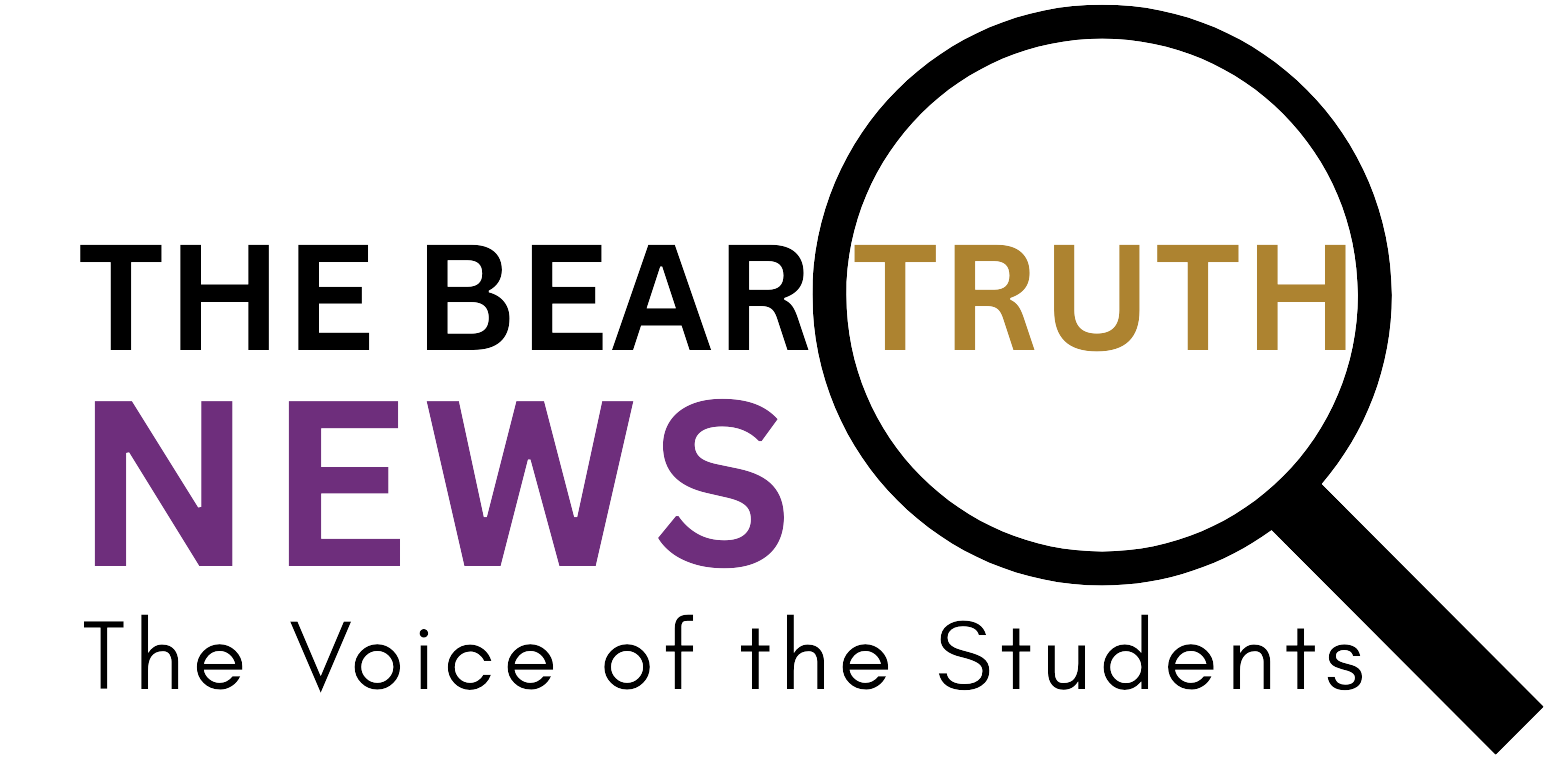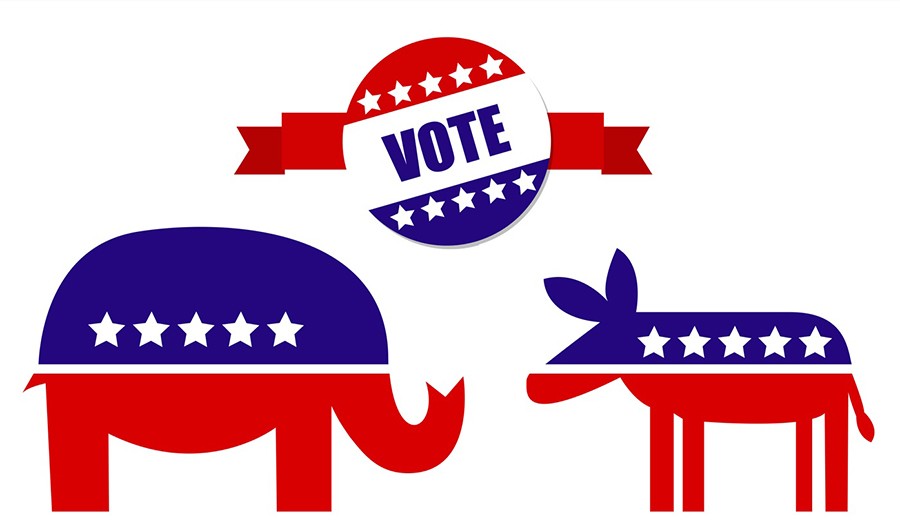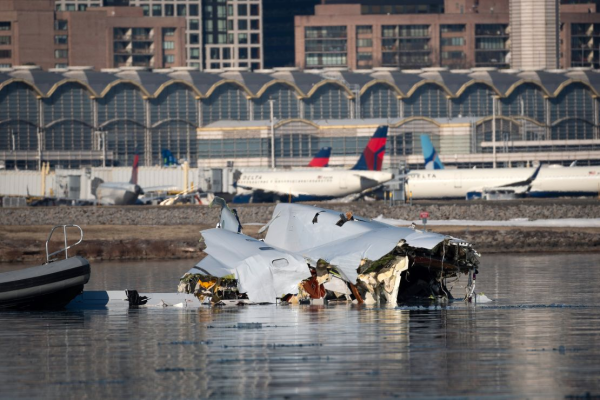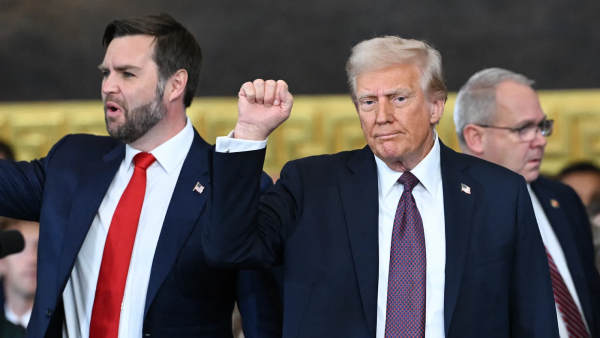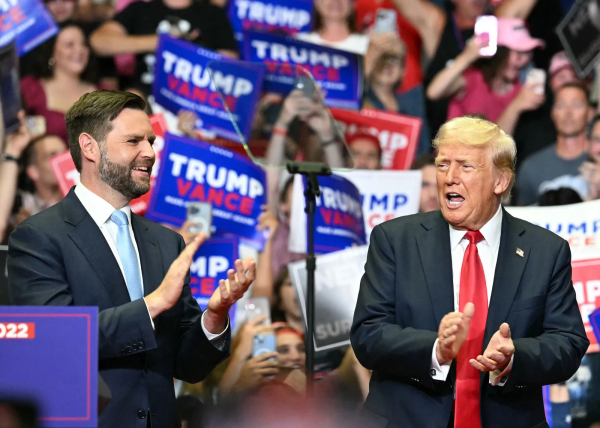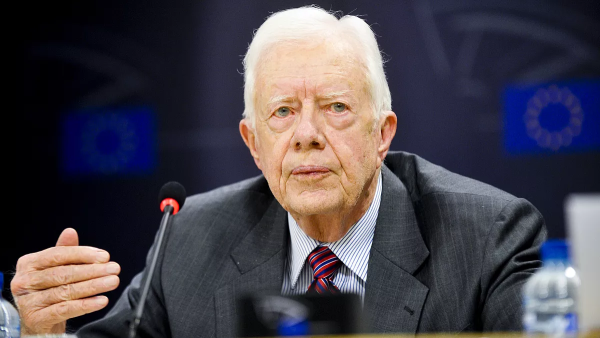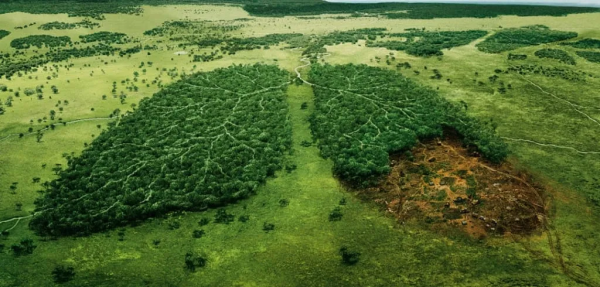The race for the 2016 Presidential Election
Presidential candidates from both the Republican and Democratic parties vie for the chance to become the next President of the United States.
With the election of a new president in 2016 coming around the corner, many possible candidates are eagerly awaiting their chance to represent their party and possibly become the next leader of the United States.
The candidates who are vying for the Republican Party for the primary election are Donald Trump, Jeb Bush, Ben Carson, Chris Christie, Ted Cruz, Carley Fiorina, Jim Gilmore, Lindsey Graham, Mike Huckabee, Bobby Jindal, John Kasich, George Pataki, Rand Paul, Marco Rubio, and Rick Santorum. Furthermore, Trump is leading his party with Carson and Bush closely trailing behind.
For the Democratic Party, the potential candidates for president include Hillary Clinton, Bernie Sanders, Lincoln Chafee, Martin O’ Malley, and Jim Webb. Clinton has quite a lead on her party with the next closest candidate being Sanders. Although the Democratic party has reached out to Joe Biden he is currently in the exploratory committee to help him determine whether or not he should run for office this year.
Even though there are many politicians yearning to have their name on the final ballot, only two will be given the chance.
However, to get to this stage, each party has their candidates compete against each other in caucuses or primaries in every state to determine the representative chosen for the final election. Primaries can be either open or closed; open meaning that anyone can place their vote for either party, regardless if they are registered with that particular party, and closed meaning that the voter has to be registered with the particular party to vote for that party’s candidate. The one drawback that comes with open primaries is that voters from opposing factions may choose the weakest candidate in hopes that their representative will have a greater chance at winning.
Furthermore, some states hold caucuses where the idea is similar to a community gathering, and the ballots are not always secretive. In Florida, open primaries will be on March 15, 2016.
For the Republican Party, when a candidate receives the majority of votes in a state, they take all the delegates. In contrast, the Democratic Party does not follow the “winner takes all system;” instead, delegates are up for grabs throughout the whole state which makes it harder for someone to break away from the pack.
Once delegates have been chosen for the various parties, conventions are held where super delegates, or people who are political leaders or elected officials, are added in. Also, this is the time when the candidates select their vice president.
Leading up to Election Day, the first Tuesday after the first Monday in November, the final two candidates will publish ads across all media platforms to explain why they should be chosen over their opponent. In addition, there will be debates between the presidential candidates and the vice-presidential candidates.
Here at Winter Springs High School, many students will be eligible to vote in the next election for who they wish to run this country, and one of the candidates will have the honor of becoming the next President of the United States.
Update:
• For the Democratic party, the candidates who have dropped out of the running for president are Lincoln Chafee and Jim Webb.
• For the Republican party, Bobby Jindal, and Rick Perry.
• Although the Democratic party reached out to Joe Biden, he decided to opt out of the presidential race for 2016.
• Trump is still leading the Republican party, but Carson is very close behind; he even surpassed Trump for a brief time.
